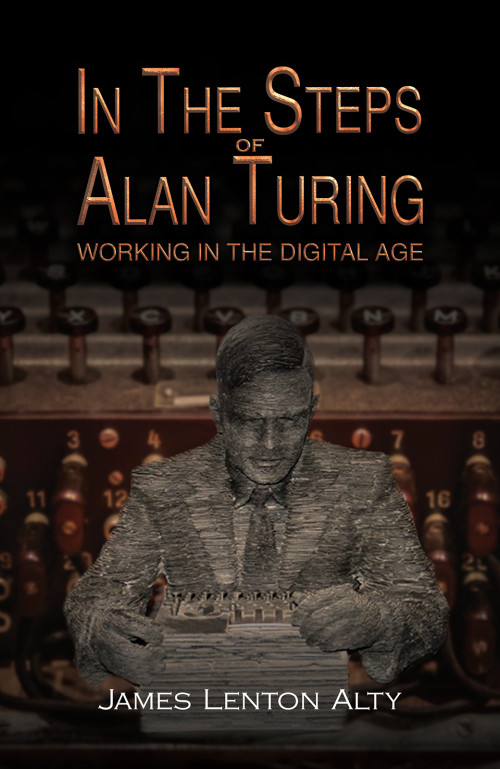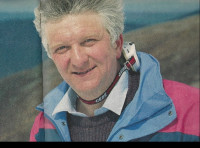
In the Steps of Alan Turing: Working in the Digital Age
Book Format: Choose an option
Free standard delivery on UK orders over £35
*Available directly from our distributors, click the Available On tab below

Book Format: Choose an option
Free standard delivery on UK orders over £35
*Available directly from our distributors, click the Available On tab below

James Lenton Alty was born in 1939 three years after Turing’s famous 1936 paper. After obtaining a First-Class Honours in Physics at the University of Liverpool, he obtained a PhD in Nuclear Physics which depended heavily on computer development and guided him, in 1968, to work in commercial computing with IBM (initially as a systems engineer and later as a salesman). In 1972 he was appointed Director and Professor of Computing Services at Liverpool University. It was there that he became interested in the study of the Human-Computer Interface.
Whilst at Liverpool, he was a member of the Computer Board for Universities and Research Councils and chaired an important Working Party on Microtechnology whose report – the “Alty Report” had a considerable influence on the take-up of the new technology. His team also brought the post code into common use in 1975.
In 1982 he was appointed Professor of Computer Science at Strathclyde University and was concurrently appointed the Executive Director of the Turing Institute for Artificial Intelligence based in Glasgow (1984–1989). There, he became closely involved with people who had worked with Turing. He also set up, with Heriot-Watt University, the Scottish Human Computer Interaction Centre.
Between 1990 and 2012, he was appointed Prof of Computer Science at Loughborough University. He and his research team worked with many colleagues across Europe improving the computer interfaces to large industrial plants. The team also introduced the first portable DAB radio with Roberts Radio. There is an example of their radio in the UK Science Museum.
He has been involved in many different aspects of digital computing – artificial intelligence, digital audio broadcasting, computer aided learning and interface design. In 2000, he and his research team investigated how different combinations of output media affected student learning and in 2003 produced a key paper on dyslexia.
Prof Alty is a musician and composes music. He used his musical knowledge to introduce music into the computer interface. In one well-known example, he created a Bubble Sort algorithm which output music and listeners could clearly follow what was happening by just listening to the music output!
He has experienced university life both as a researcher, and in management as a Head of Department and later as Dean of the Science Faculty. He continued to work at Loughborough University until he fully retired in 2012.
We use cookies on this site to enhance your user experience and for marketing purposes.
By clicking any link on this page you are giving your consent for us to set cookies